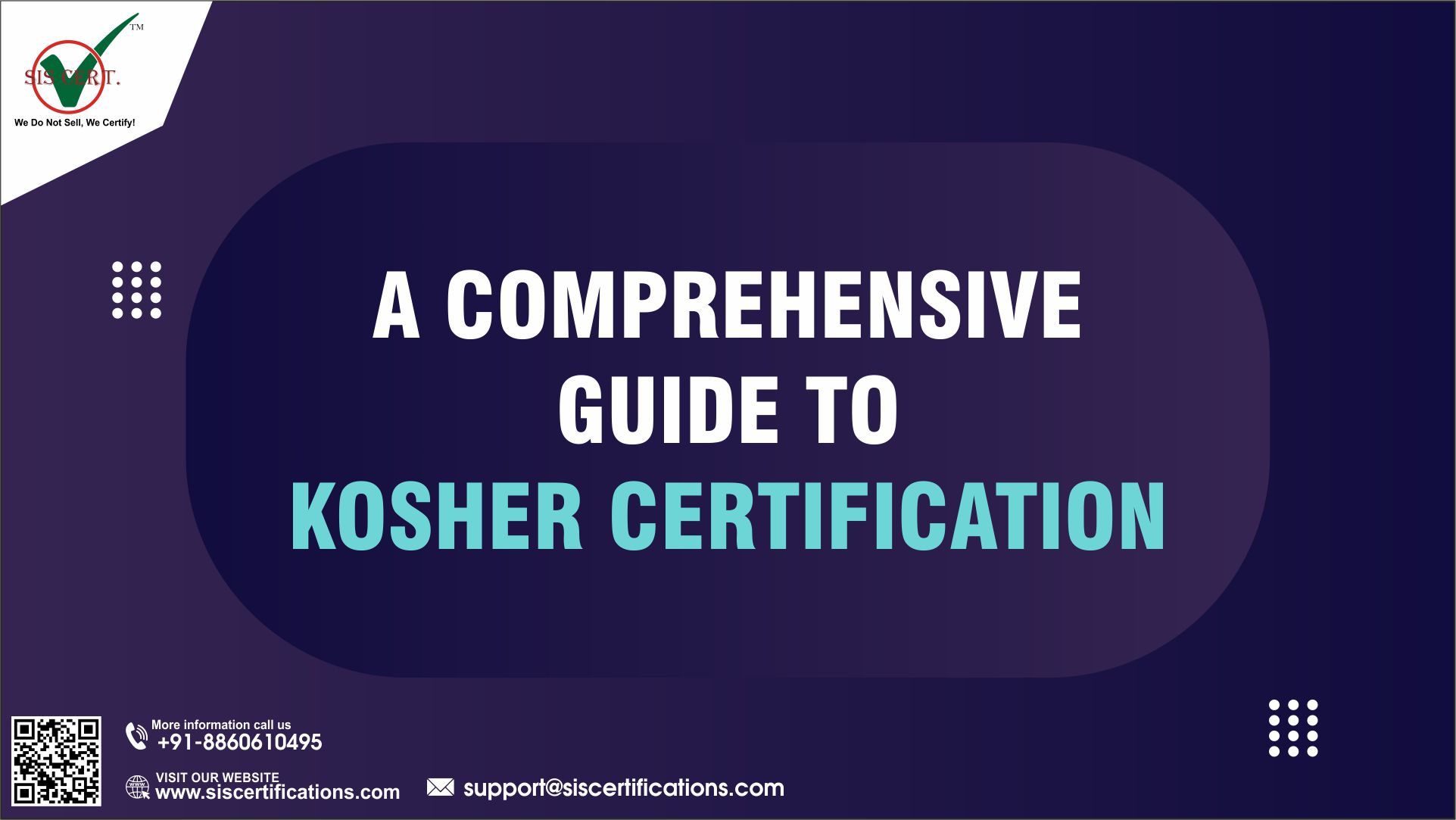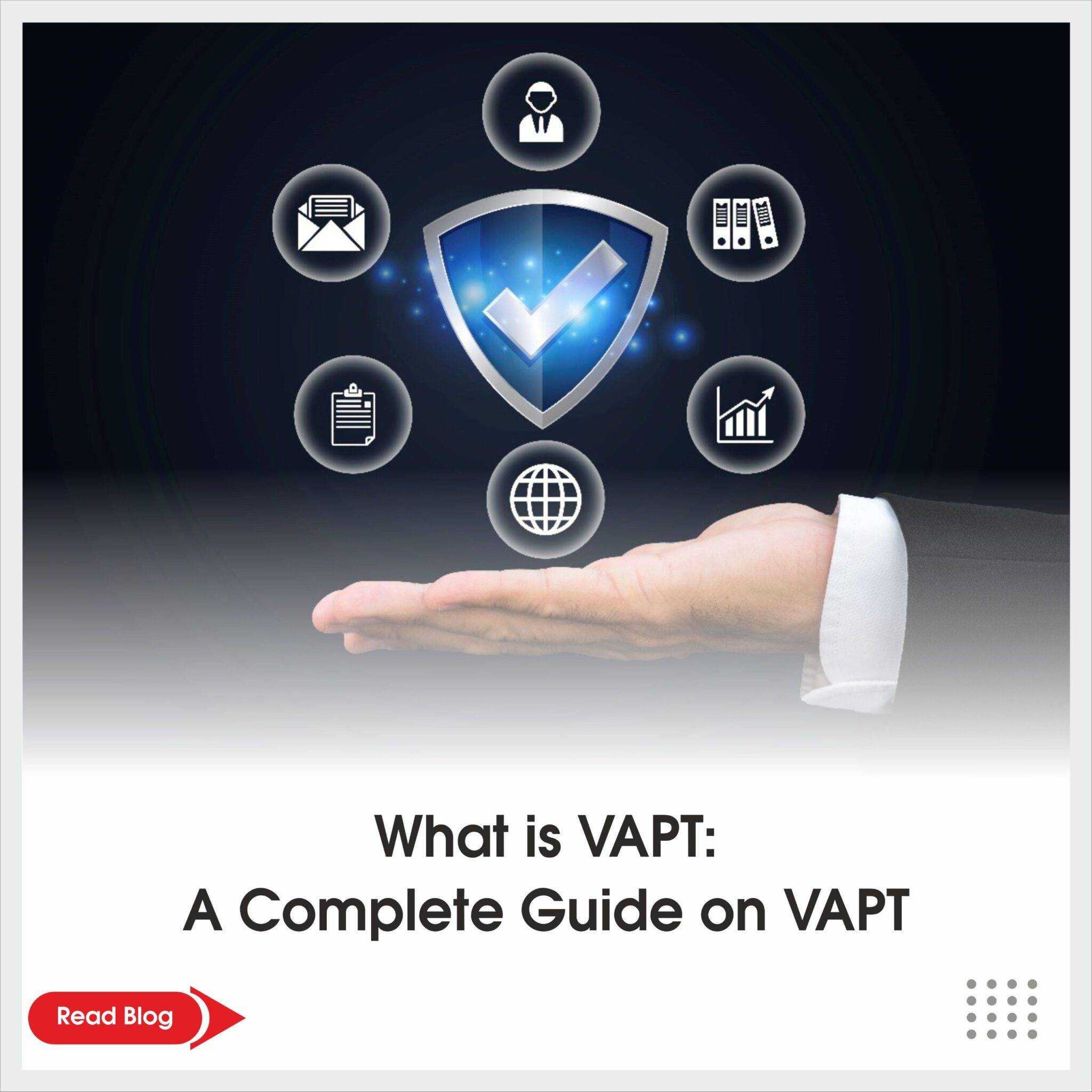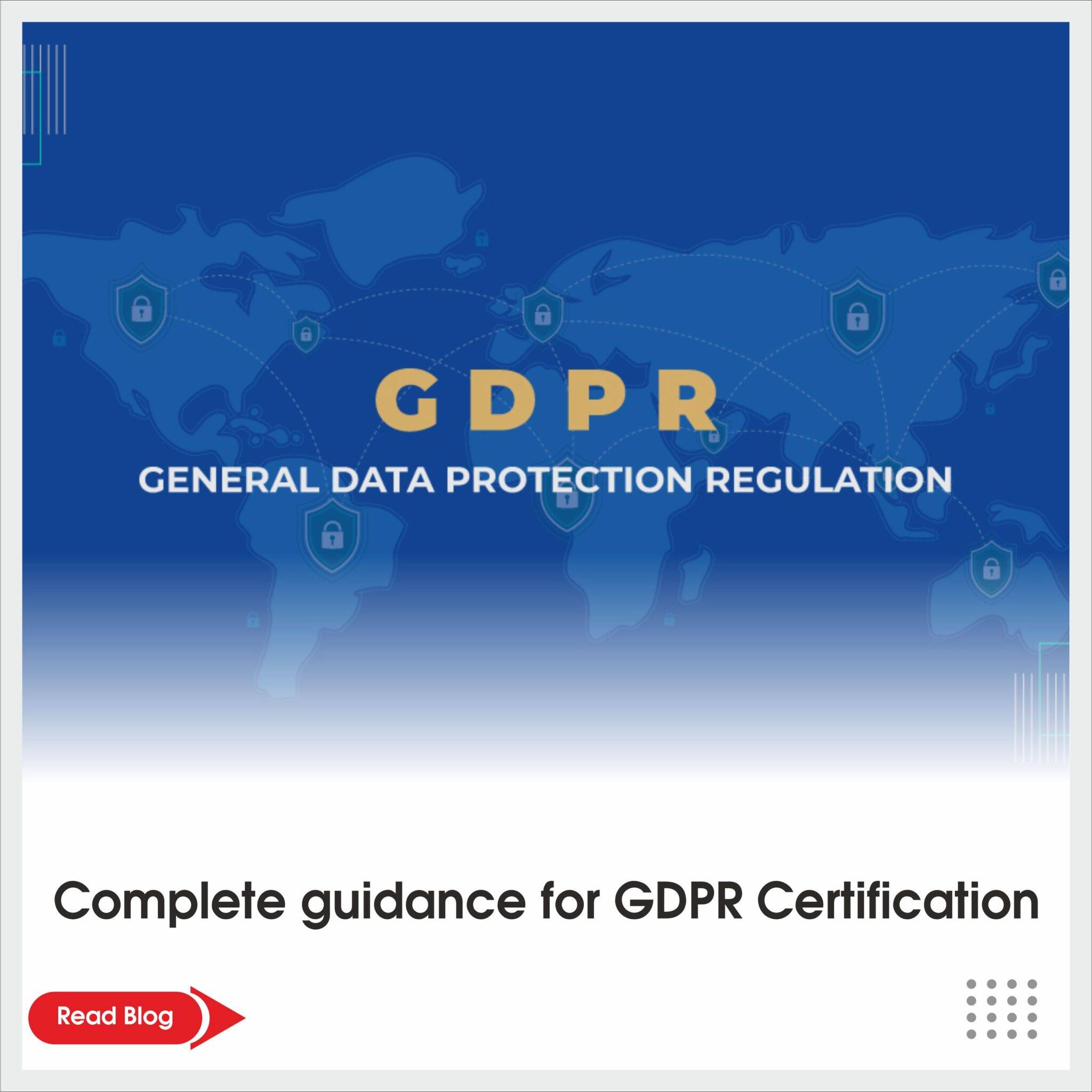Introduction: What is Kosher Certification and Why is it Important?
Kosher certification plays a significant role in ensuring that food products meet the requirements of Jewish dietary laws. It is a process by which food manufacturers and establishments obtain approval from trusted kosher certification agencies to label their products as “kosher.” This certification guarantees to consumers that the food they are buying and consuming complies with specific religious dietary requirements.
The concept of kosher originates from Jewish traditions and practices, which dictate what foods are permissible for consumption. The Hebrew word “kosher” (which translates to “fit” or “proper”) refers to several regulations governing food preparation, ingredients, and handling.
Kosher certification requires passing stringent inspections, audits, and compliance with particular standards established by accredited organizations. These organizations inspect every step of the manufacturing process to make sure that all ingredients are kosher-compliant and that there are no cross-contaminating elements.
The significance of kosher certification extends beyond religious devotion. Many people maintain a kosher diet for cultural or health reasons. Furthermore, kosher certification helps attract a broader customer base by assuring individuals looking for completely kosher products.
It is important to note that while similar in concept, halal certification pertains to Islamic dietary laws rather than Jewish ones. Both certifications share the common goal of providing consumers with confidence in the religious compliance of their food choices.
The Process of Obtaining Kosher Certification for Food Products
Obtaining kosher certification for food items is a detailed process that verifies compliance with Jewish dietary regulations. This certification is crucial for consumers who adhere to kosher dietary rules and want products that suit their religious requirements.
The first stage in the kosher certification process is to apply to a recognized kosher certifying body. The application normally includes information about the company, its manufacturing methods, and the individual products seeking certification. It may also require information on ingredient sources and vendors.
Once the application is received, the certifying agency will thoroughly review the information provided. This may involve analyzing ingredient lists, verifying suppliers’ certifications, and assessing manufacturing practices to ensure compliance with kosher standards.
Following the review stage, a representative from the certifying agency will normally perform a facilities inspection. Various aspects of the production facility are evaluated during this inspection to ensure kosher compliance. This may entail inspecting equipment for hygiene, separating dairy and meat products, and ensuring overall kosher conformity.
Another critical part of acquiring kosher certification is ingredient verification. The certifying agency will examine each component used in the product’s formulation to ensure that it is kosher. This includes ensuring that all ingredients are acquired from certified sources who have relevant product certifications.
Once all these steps have been completed and any necessary adjustments have been made to meet kosher requirements, the food product can be granted kosher certification. The certified product can then display appropriate symbols or labels indicating its compliance with Jewish dietary laws.
It is critical for businesses seeking kosher certification to recognize that retaining this certification involves strict adherence to strict criteria as well as periodic inspections by the certifying agency. Regular audits aid in verifying ongoing compliance and reassure consumers who rely on these certificates when making purchasing decisions based on their religious convictions.
The Benefits of Having Kosher Certification for Businesses and Consumers ⮯
Kosher certification can provide numerous advantages to both businesses and consumers. Here are some significant benefits:
For Businesses:
- Market Expansion: Kosher certification can assist companies in reaching new markets. Jewish customers as well as other people who respect the strict quality control requirements connected with kosher meals are driving the growth and size of the worldwide kosher food industry.
- Trust and Credibility: A company’s reputation for quality and safety can be improved by having a kosher certification. This is because kosher certification frequently entails stringent inspections and supervision, as well as strict adherence to particular dietary regulations.
- Export Opportunities: Many nations, especially those with sizable Jewish populations, have laws that prefer or demand that imported items have kosher certification. Therefore, holding this accreditation can help Businesses access new export markets.
- Competitive Advantage: Kosher certification may help a product stand out from rivals in a competitive market. It can draw customers in as a distinguishing feature.
For Consumers:
- Dietary Requirements: Kosher certification is crucial for Jews who follow dietary regulations known as kashrut. It enables them to quickly determine whether products satisfy their dietary requirements.
- Quality Assurance: Kosher certification can serve as a quality indicator for non-Jewish consumers. The certification procedure makes certain that food production upholds a high standard of purity and hygiene.
- Allergen Awareness: Kosher certification might also be useful for persons who have allergies or dietary restrictions. A food labelled “pareve” under kosher regulations, for example, signifies it includes no meat or dairy, which might be beneficial for vegans or individuals with lactose sensitivity.
- Ethical Considerations: Some customers opt for kosher products because they think the kosher method of killing animals is more compassionate, or because they feel that kosher certification entails moral corporate conduct.
However, keep in mind that the particular benefits will differ based on the nature of the product and the target market.
Understanding the Different Levels of Kosher Certifications ⮯
KOSHER certification plays a crucial role in Jewish dietary laws, ensuring that food products meet specific requirements and are suitable for consumption according to Jewish customs. Understanding the different levels of KOSHER certifications is essential for individuals seeking to observe these dietary laws.
The most fundamental level of KOSHER Certification is called “pareve.” This accreditation signifies that a product is neither meat nor dairy and can be consumed with either. Pareve goods are frequently plant-based or created using substances that are not sourced from animals. KOSHER Certification assures that animals are slaughtered according to Jewish law and processed in a recognized KOSHER facility when it comes to meat products. Individuals who follow KOSHER rules can eat meat with confidence with this certification. Dairy goods, on the other hand, need special certifications such as “Chalav Yisrael.” This label denotes that the dairy product was made under careful rabbinical supervision, assuring conformity with all applicable KOSHER standards.
Special KOSHER certificates known as “KOSHER l’Pesach” are used during the Passover festival. These certificates ensure that food items adhere to Passover rules, such as avoiding leavened bread and certain grains during this period. Understanding the various levels of KOSHER certification allows consumers to make informed food shopping decisions and keep their commitment to obeying Jewish dietary requirements.
Conclusion ✅
In summary, obtaining KOSHER certification ensures that food products meet the requirements outlined by Jewish dietary laws. It caters to individuals adhering strictly to these religious customs and appeals to those seeking reliable assurance regarding the quality and integrity of their food choices.




